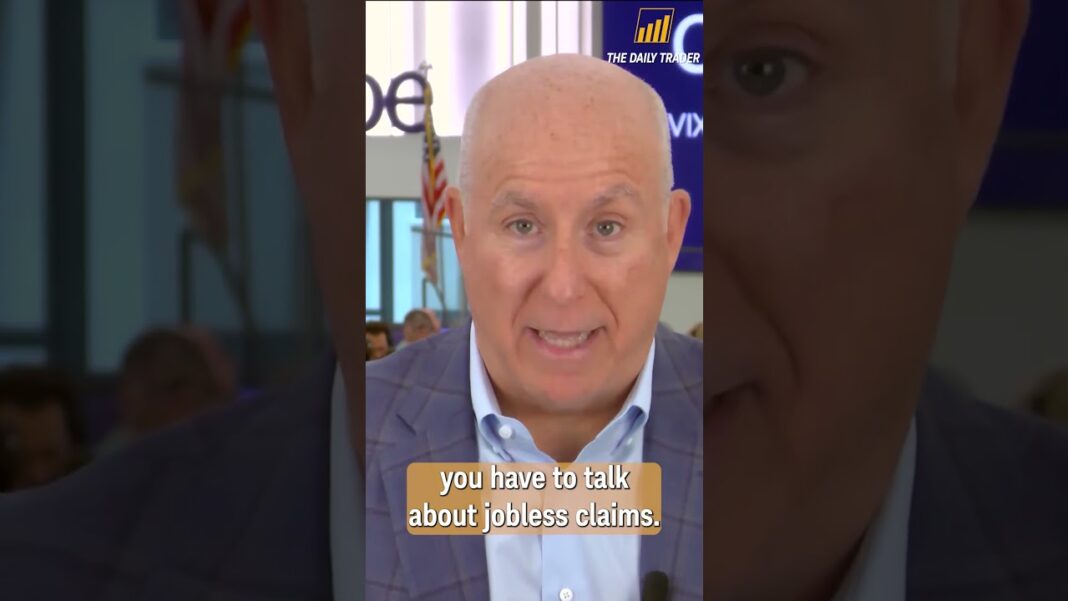Aircraft orders drove the rebound in durable goods orders while business equipment spending showed steady gains.
Demand for U.S. durable goods rebounded in August after two straight months of declines, while a key measure of business investment posted another gain in a sign of resilience in the manufacturing sector.
Orders for durable goods—ranging from computers to aircraft—increased by 2.9 percent last month, the Commerce Department’s Census Bureau reported on Sept. 25.
Transportation equipment led the rise, climbing 7.9 percent as both defense aircraft orders (+50.1 percent) and nondefense aircraft (+21.6 percent) surged. Excluding transportation, new orders rose by a more modest 0.4 percent.
Nondefense capital goods orders excluding aircraft, a closely watched proxy for business spending on equipment, increased by 0.6 percent in August. July’s reading was revised down to a 0.8 percent gain from the 1 percent previously reported. Economists polled by Reuters had expected a 0.1 percent decline in August in the measure, commonly known as core capital goods orders, which reflect business investment.
“The unexpected surge in core capital goods orders is a positive indicator for manufacturing sector resilience, despite ongoing trade tensions and tariff uncertainties,” Herman Laret, a macro analyst, said in a post on X. “However, caution is warranted that price increases due to tariffs may be inflating order values rather than reflecting genuine volume growth.”
Shipments of core capital goods—which feed into the government’s gross domestic product (GDP) calculation for business equipment spending—slipped 0.3 percent after a 0.6 percent gain in July, suggesting a moderate contribution to third-quarter growth.
Core capital goods orders have swung widely this year, reflecting possible front-loading by firms ahead of tariff deadlines. Business spending on equipment slowed in the second quarter after double-digit growth in the January–March period.
The White House Council of Economic Advisers said the data show President Donald Trump’s economic policies are working.
“President Trump’s pro-business, pro-American, pro-manufacturing agenda continues to surpass expectations,” the council said in a statement on X. “While any time series is volatile in the short-term, CEA expects business investment to soar even higher, *real* consumer incomes to keep rising, and spending to continue.”
By Tom Ozimek








